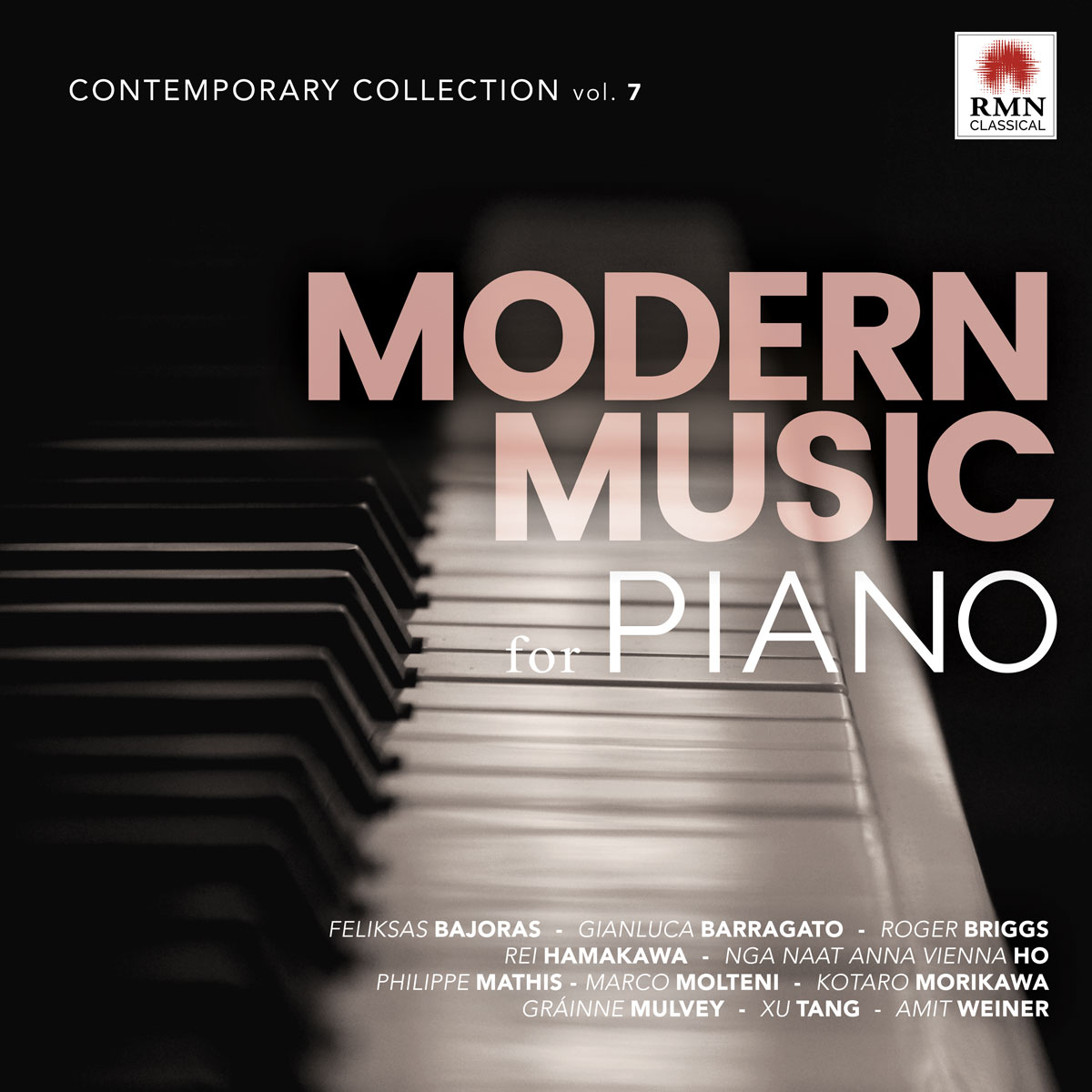Feliksas Bajoras
 Feliksas Bajoras (born in 1934) is one of Lithuania’s most famous composers. He has received many awards for classical music composition: in Moscow 1977, The Lithuanian National Award in 1981, The Balys Dvarionas Award in 1989, The Jonas Svedas Award in 1992, The Lithuanian Government Prize for the Arts in 1998, The Lithuanian National Prize in 2001. The composer’s opuses even managed to slip through the “iron curtain.” In 1970 at the International Competition of Alfredo Casella in Naples the composer earned recognition for his work. Feliksas Bajoras’ compositions are included in both regular and specialised educational programs and are analysed in music textbooks and in research papers.
Feliksas Bajoras (born in 1934) is one of Lithuania’s most famous composers. He has received many awards for classical music composition: in Moscow 1977, The Lithuanian National Award in 1981, The Balys Dvarionas Award in 1989, The Jonas Svedas Award in 1992, The Lithuanian Government Prize for the Arts in 1998, The Lithuanian National Prize in 2001. The composer’s opuses even managed to slip through the “iron curtain.” In 1970 at the International Competition of Alfredo Casella in Naples the composer earned recognition for his work. Feliksas Bajoras’ compositions are included in both regular and specialised educational programs and are analysed in music textbooks and in research papers.
The most prominent Lithuanian musicians have performed his works in the USA, Japan, Iceland, Germany, Sweden and other countries in concerts and prestigious international festivals (including the Festival of Symphonic Orchestras “Europa Musicale – 93,” Munich, and several times at the “Warsaw Autumn” festival). Some international festivals and famous performers have ordered compositions by Feliksas Bajoras. Among them, the Krzysztof Penderecki Festival in Liuslavic in 1981, “Wratislavia Cantans” in 1995, and the Silezian String Quartet in 1997.
Descendant of an educated family, he made the decision to study music on his own. “I cried, that’s how much I wanted to play violin,” recalls the composer. Bajoras inherited artistic abilities and love for music from his mother, a folk singer. His first teacher was Vincas Baceviczius, world-famous musicians’ father. As a student at the Lithuanian Conservatoire (now The Academia of Music and Theatre), Bajoras studied violin under Aleksandras Livontas and composition under Prof. Julius Juzeliûnas. He, unfortunately, reached his professional maturity during the Soviet occupation [of Lithuania], a time when there was a need created for pompous, glittery and sweetly music. The styles, genres and ideas of the creative work of Feliksas Bajoras have been shaped by his resistance to Moscow’s ideology. The metaphysical longing for truth and for a better life in the music of Feliksas Bajoras is transformed to a need for artistic reality; its sound is truthful and not personalized. He combines elements of neo-romanticism (abstract program, attention to detail, subjective sound) with rationalism (sensitivity sublimated by laconicism, the harmony of neutrality in attitude when moods balance out one another). This is how the composer achieves the essence of art and the happiness of being. The ethical idealism of composer is embodied in his appropriately ontological musical language.
Focusing on more specific issues, one should emphasize the theatrical nature of his music. Bajoras and theatre are inseparable both in terms of art and life. The composer has spent thirty years working in Lithuania’s largest theatres, and since 1992 to 2002 was lecturer at the Department of Theatre and Cinema at the Lithuanian Academy of Music. He has published many articles on [Lithuanian] theatre music, of which many of his own compositions have been awarded too.
“While creating I always imagine how the performer will be moving. If the movement does not fit, then either the dynamics or the bow strokes must change.” According to the composer, he always imagines each situation concretely while creating a composition, and always has in mind an idea either about program or just one that is purely musical. “Imagine that a flock of doves have flown into the church or that rain is leaking through the roof,” comments Bajoras to the choir at Mass. According to Vytautas Landsbergis, “Every motive, rhythm, sound and bow stroke in the music of Feliksas Bajoras are like spoken words; they almost seem translatable.”.
Feliksas Bajoras is recognized as a master of complex rhythm. Polyphony is also a very important aspect of his creative work, which is, according to the composer, the language of protagonists. Many of his compositions feature vocals with separate texts and independent dramatic themes.
Applying the words of Vosylis Sezemanas, one can say that the music of Feliksas Bajoras is not an empty ornament of life, but rather a necessity of the soul.
Rita Nomicaite.





